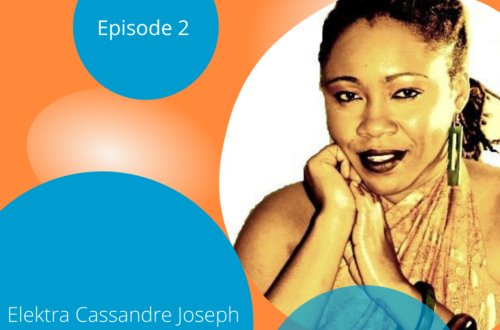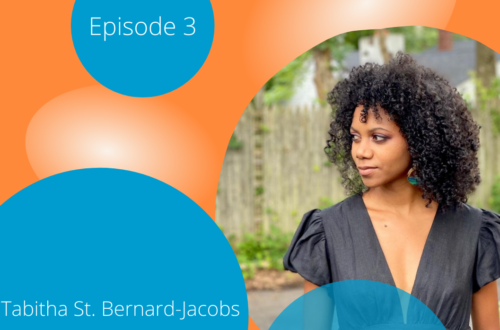
Episode 4: In Between Worlds. Season Of Blackness
This episode is about three amazing Afro-Latina women in America and how they live in between worlds.
Yenifer Dallo is a higher education academic and student affairs administrator. She facilitates dialogue around diversity, equity, inclusion, and social justice through her work and advocacy. In addition, she coordinates service and leadership programs. Yenifer also serves her faith community. She lives in New York City with her family.
Josimel De La Cruz has an inspiring personality as she wants to guide the younger generation to have more fulfilling and safe lives. She is currently working in the New York council of Cabrera Fernando. She has worked to words helping kids who need psychological counseling and homeless children of various backgrounds. Her career also focuses on dealing with human trafficking and helping its victims to cope. Josimel’s life experiences and travels enable her to meet people of various backgrounds, and she often makes a successful attempt to make a better life.
Finally, there is Joanna Velarde; many of us think a career change is challenging, but Joanna sure makes it look effortless. She has worked with many media companies and then decided to focus on the real estate business. Not to mention that she holds leadership positions in both fields, which makes her different from others.
What does it mean to be Latina?
Belonging to a community or being from a particular race can hold a different meaning for people. We connect to cultures through music, dance, or, in Yenifer’s case, food. The wonderful combination of rice and beans particularly stands out to Yenifer. The variety of this staple food is known in other cultures, but it has made a significant place in Yenifer’s heart to associate it with her Dominican roots and culture.
Many believe that learning the language and the history can give an impression of a place. But Joanna believes otherwise. She claims there is so much more to culture because it is about embracing the culture. She provides the example of her teenage daughter, who is not fluent in Spanish and not exposed to Peruvian history; however, she loves every part of having Peruvian roots. In Joanna’s words, “Latinidad is culture, it’s heart. ” extend the quote.
Josimel has an interesting approach to being Latina. She compares being Latina to being ‘sofrito,’ which is a seasoning used in Dominican food. Regardless, to say being Latina involves its own uniqueness and “brings flavor” to life.
Forming an identity as an Afro-Latina in America.
Forming themselves and embracing themselves as Latina has come from their childhood experiences and learning from their own family members.
For these women being Afro Latina has impacted their personal lives and decisions more than their work lives. Trying to identify themselves in front of the rest of the people always needs an explanation of their identity.
Negritas in Latin America
The word “Negritas” is celebrated in the Latin-American community because it is the identity of a specific group of people. The speakers believe that the word gives them a sense of pride. It is celebratory; it is beautiful, it is inclusive. With even more awareness about races and cultures in this generation, this word is not meant to segregate or isolate anyone.
On the other hand, just because a word such a “negritas” is used freely does not imply that issues around colorism are irrelevant in the mother country. Given the colonial history of Latin America, there has always been the misconception that ‘being black’ or ‘blackness’ is not ‘good.’ Through the brainwashing done in the past, white or whiteness is considered pure or something closer to being European who was in power.
These women believe that the people from these nations are not necessarily racist, but this mindset is in their subconscious minds. The concept of ‘mejorando la raza’ loosely translates as the obligation to marry lighter-skinned people to have fairer offspring to get acceptance. Therefore, many are still trying to take the blackness out of them instead of embracing it. This is no longer the case with many Afro-Latinas today. While in the motherland, the idea of celebrating afro-latinidad has not been accepted, these women have been a part of a movement that seeks to celebrate the blackness within it and see it as the source of strength.
These misconceptions exist across the globe but what makes it unique is the distinctive struggle each goes through.
Please check out Episode 4: In The Pursuit of Journey to self: Blackness.
Follow us on Facebook and Instagram.
Written by Seher Arif



